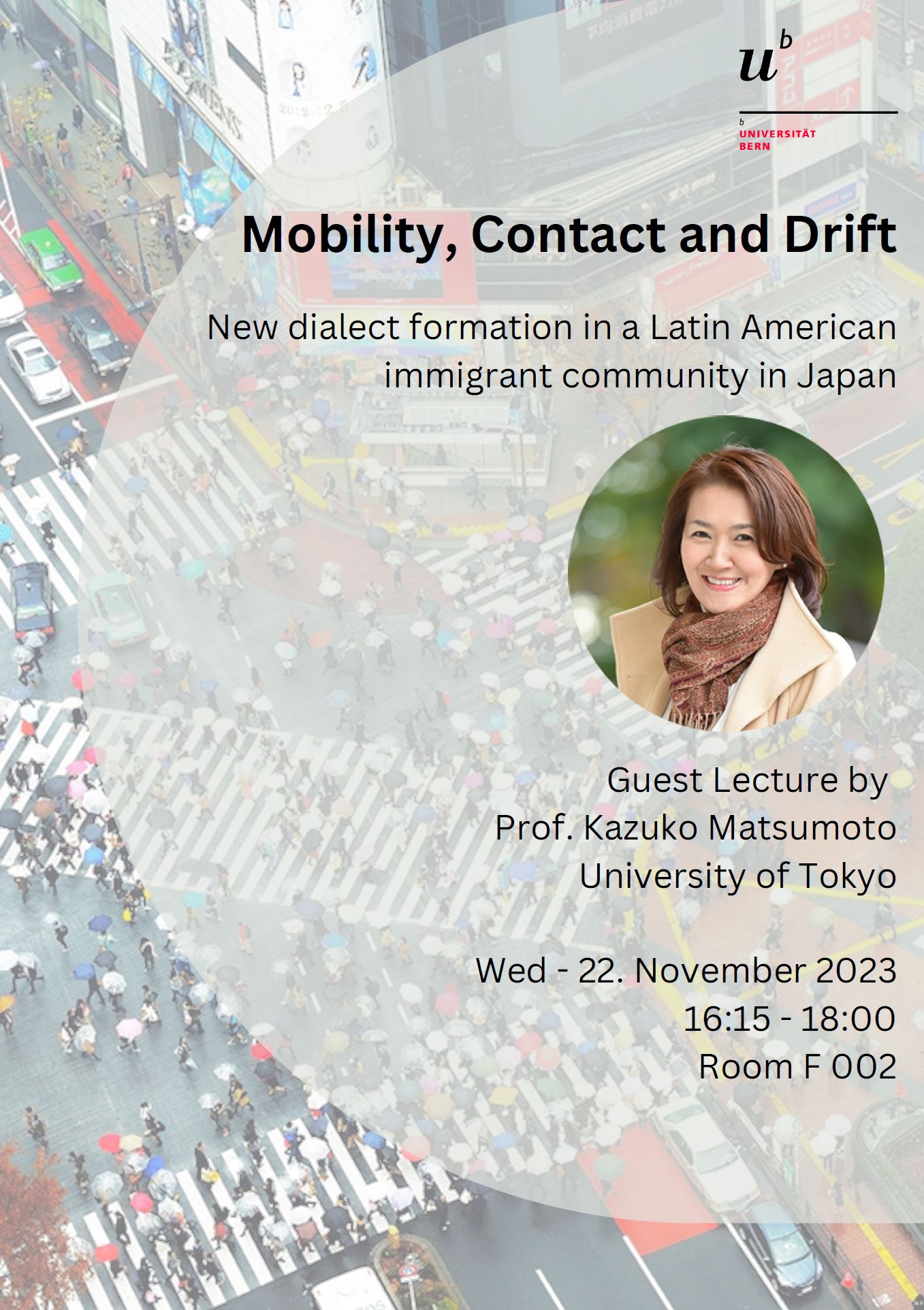
This paper explores an emerging Brazilian Portuguese koiné among Brazilian-dominant Latin American immigrants in Japan’s Greater Tokyo Area. It examines Strong-R (onset /r/) realizations by 79 speakers in the context of dialect and language contact within the diasporic setting. The results highlight (a) levelling and focussing towards [h] as a result of koineization and (b) early stages of the adoption of [ɸ], a “xenolectal feature,” resulting from contact with Japanese. The external and internal motivations for change towards [h] are identified as local and supralocal levelling and drift. The transition to [ɸ], and its linguistic and social embedding, are discussed in terms of the structure of the Japanese kana syllabary, acquisition order, and speakers’ social networks. The conclusion emphasizes the importance for koiné genesis of input dialects, ongoing language change in the homeland, the social meaning of variants in both pre- and post-contact societies, and speakers’ social networks and mobilities.